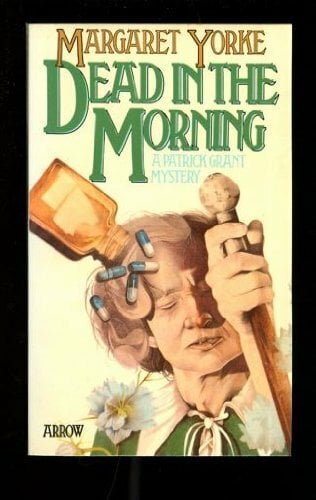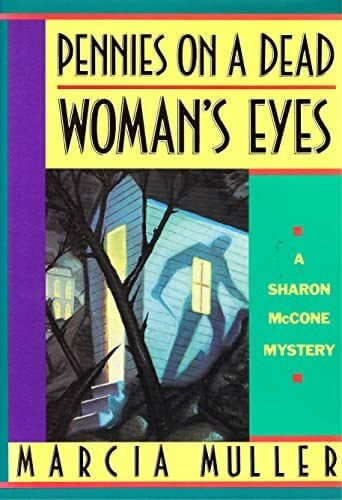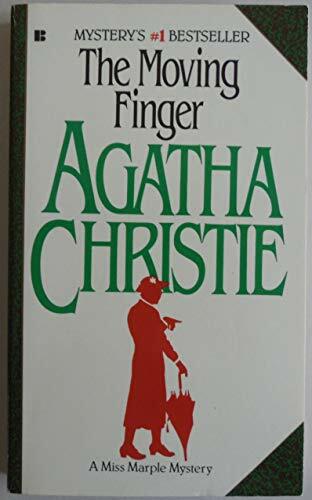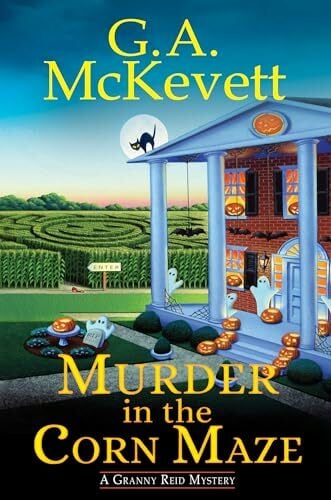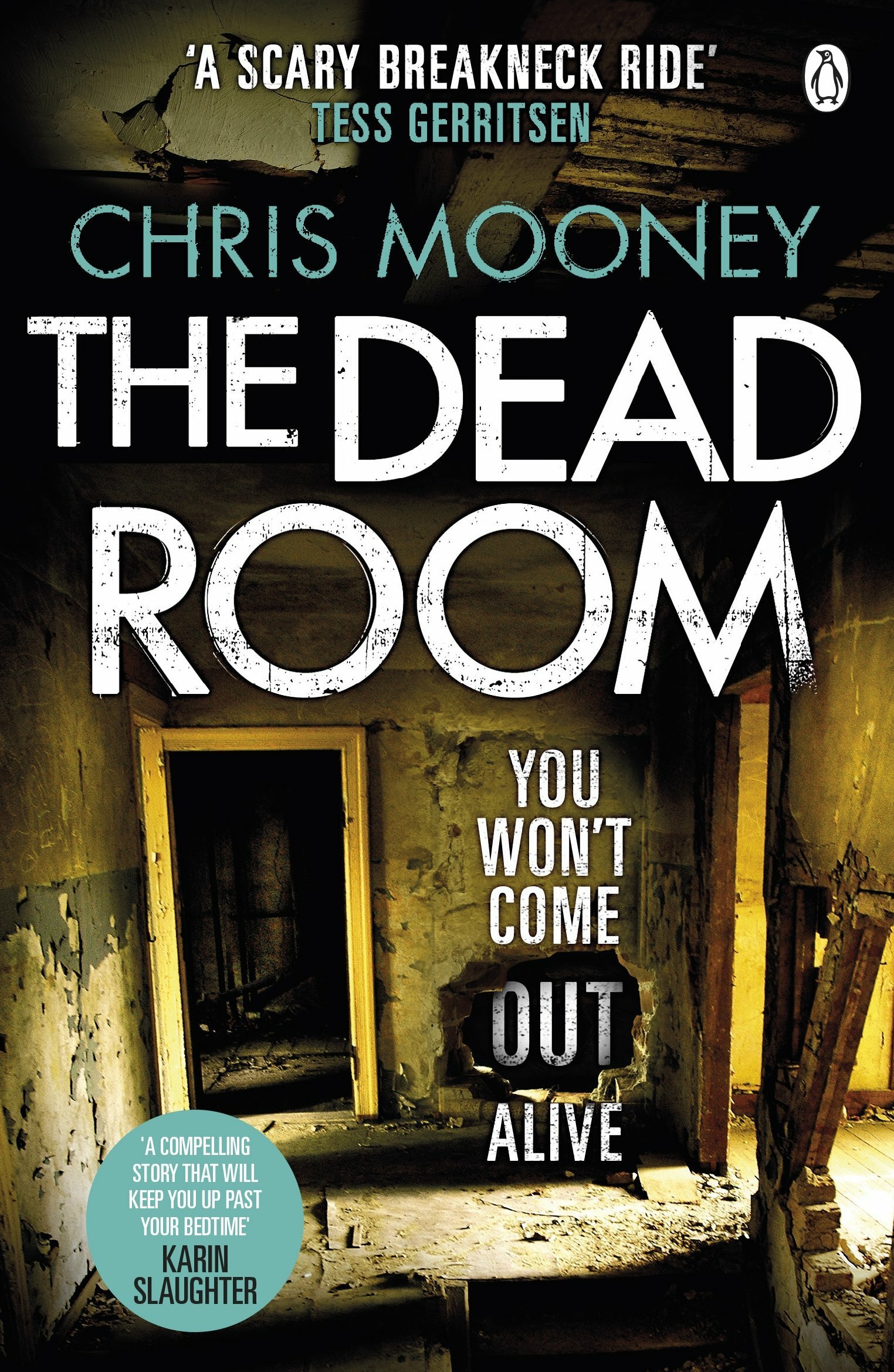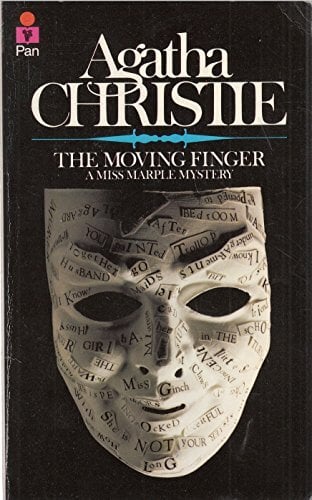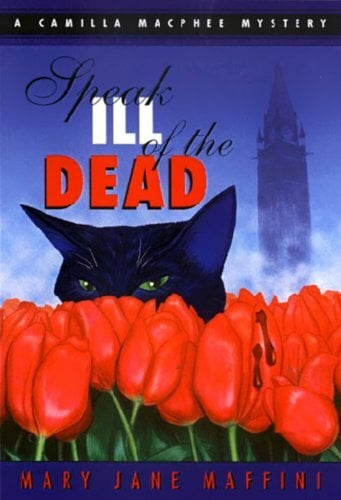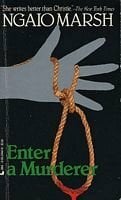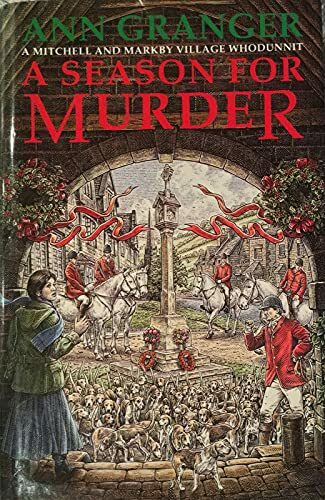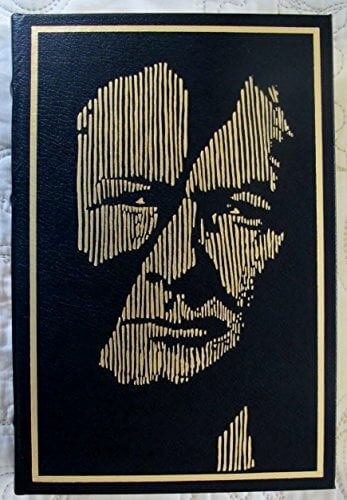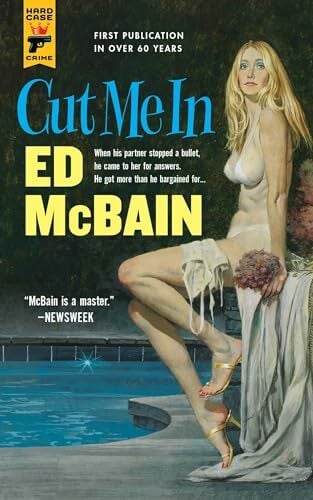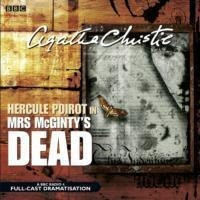
Mrs McGinty's Dead
Kurzinformation
inkl. MwSt. Versandinformationen
Artikel zZt. nicht lieferbar
Artikel zZt. nicht lieferbar

Beschreibung
Two CDs. von Christie, Agatha
Produktdetails

So garantieren wir Dir zu jeder Zeit Premiumqualität.
Über den Autor
Agatha Christie, the acknowledged 'Queen of Crime' (The Observer) was born in Torquay in 1890. During the First World War she worked as a hospital dispenser, and it was here that she gleaned the working knowledge of various poisons that was to prove so useful in her detective stories.Her first novel was The Mysterious Affair at Styles, which introduced Hercule Poirot to the world. This was published in 1920 (although in fact she had written it during the war) and was followed over the next six years by four more detective novels and a short story collection. However, it was not until the publication of The Murder of Roger Ackroyd that Agatha Christie's reputation was firmly established. This novel, with its complex plot and genuinely shocking conclusion, attracted considerable public attention and has since been acknowledged by many experts as a masterpiece. In 1930 the sharp-witted spinster sleuth Miss Marple made her first appearance in The Murder at the Vicarage. In all, Agatha Christie published over 80 novels and short story collections.The brilliance of Christie's plots, and her enduring appeal, have led to several dramatisations of her work on radio, television and film. In 1930 she was one of a number of crime writers asked to contribute a chapter to a mystery, Behind the Screen, that was broadcast on BBC radio on 21st June that year. More recently, June Whitfield portrayed Miss Marple on BBC Radio 4, whilst John Moffat starred as Hercule Poirot. On screen, Peter Ustinov, David Suchet, Margaret Rutherford, Joan Hickson, Geraldine McEwan and Julia McKenzie have all memorably played Agatha Christie's famous sleuths. As her play The Mousetrap (the longest-running play in the history of theatre) testifies, Agatha Christie's detective stories are likely to appeal for a long time to come. Agatha Christie was awarded a CBE in 1956 and was made a Dame of the British Empire in 1971. She died in 1976.

- paperback -
- Erschienen 1981
- Houghton Mifflin Harcourt
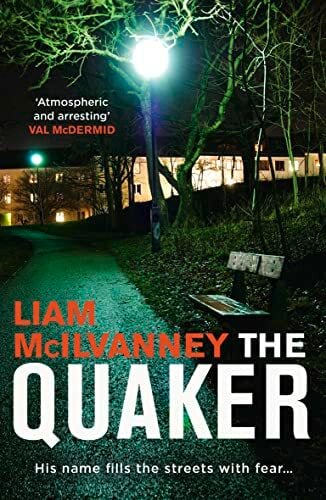
- paperback
- 400 Seiten
- Erschienen 2018
- Harper Collins Publ. UK
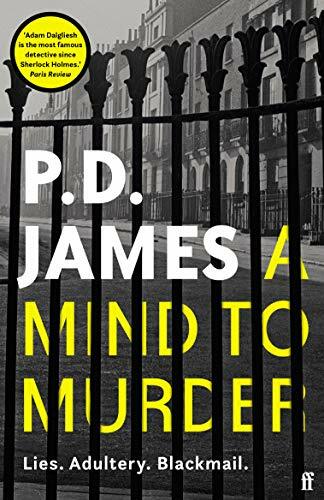
- Kartoniert
- 288 Seiten
- Erschienen 2020
- Faber & Faber

- Gebunden
- 288 Seiten
- Erschienen 2021
- Berkley

- Kartoniert
- 475 Seiten
- Erschienen 2018
- Ullstein Taschenbuch

- paperback -
- Erschienen 1979







